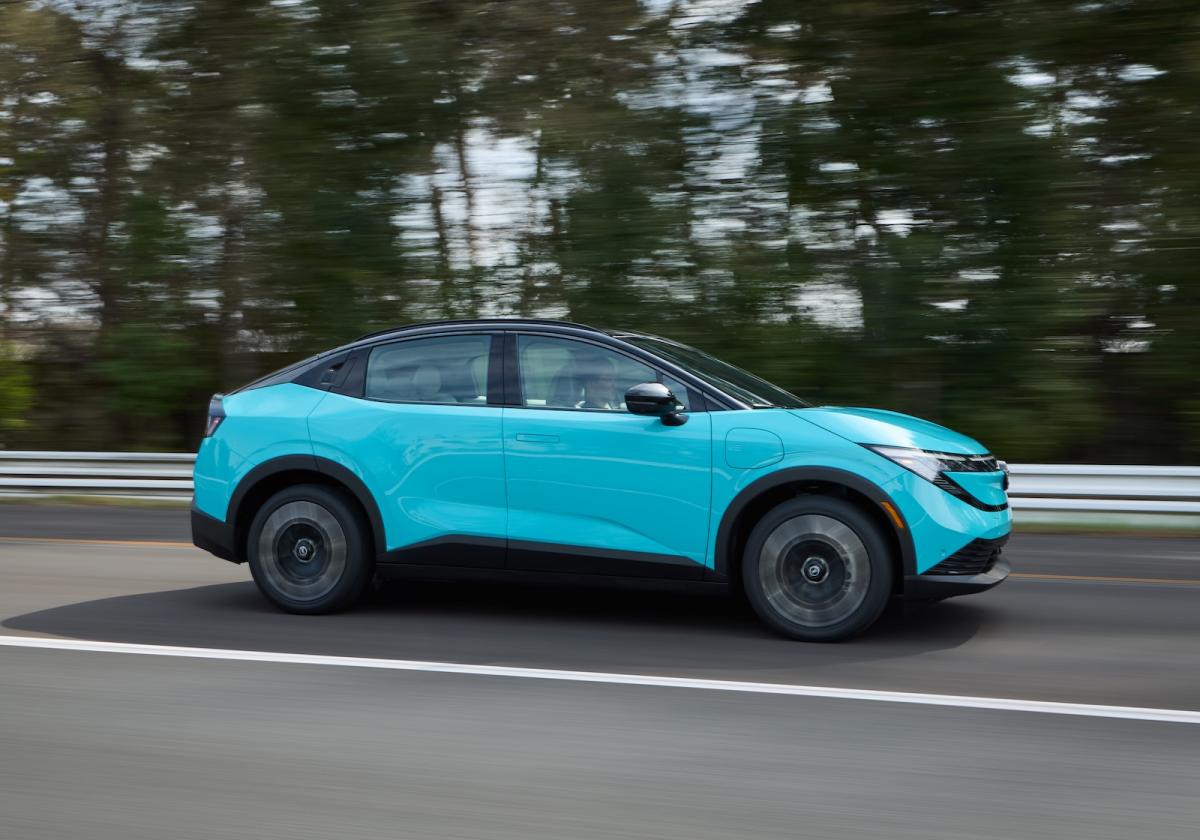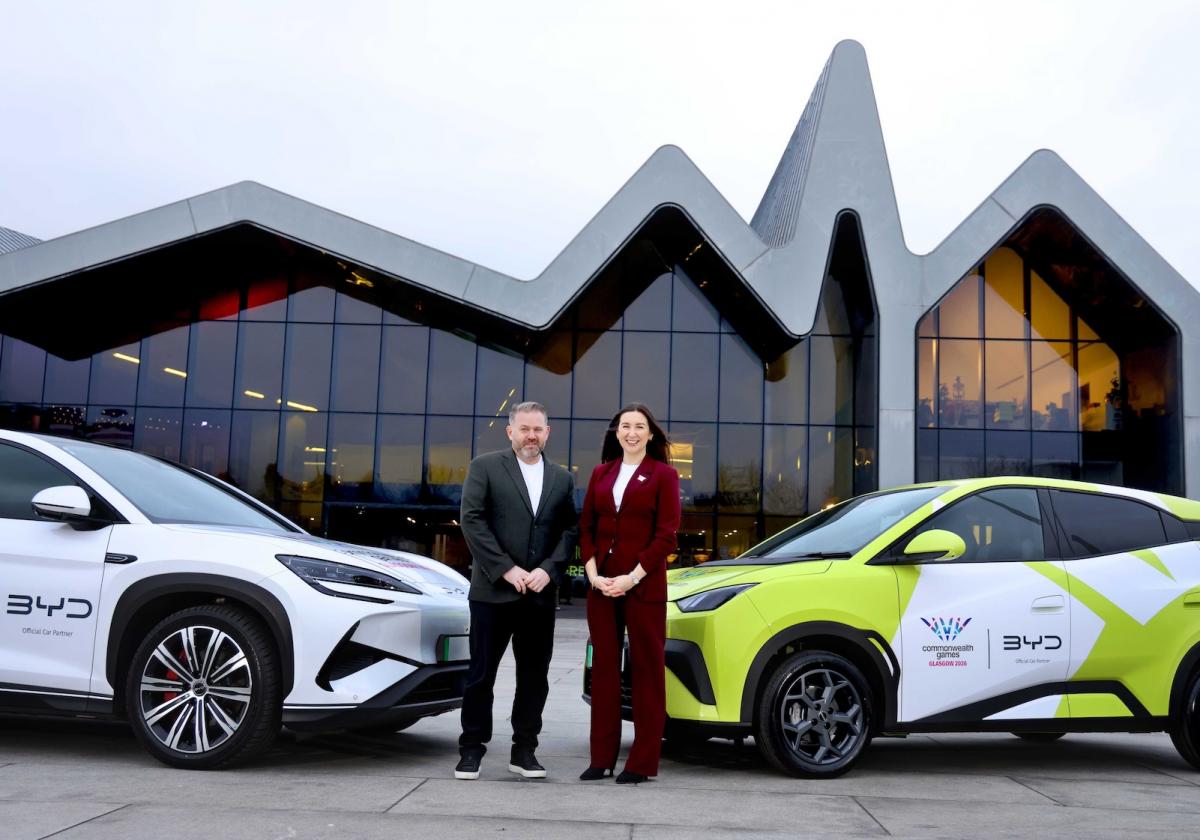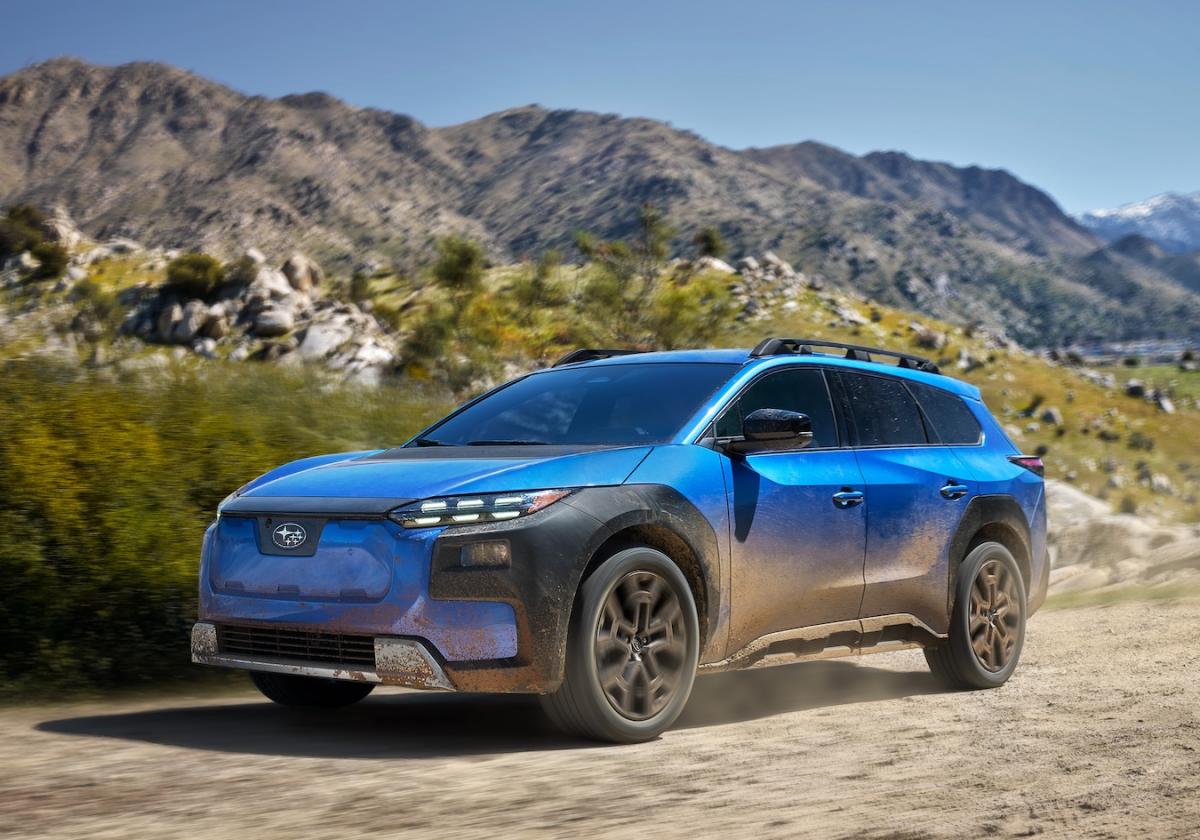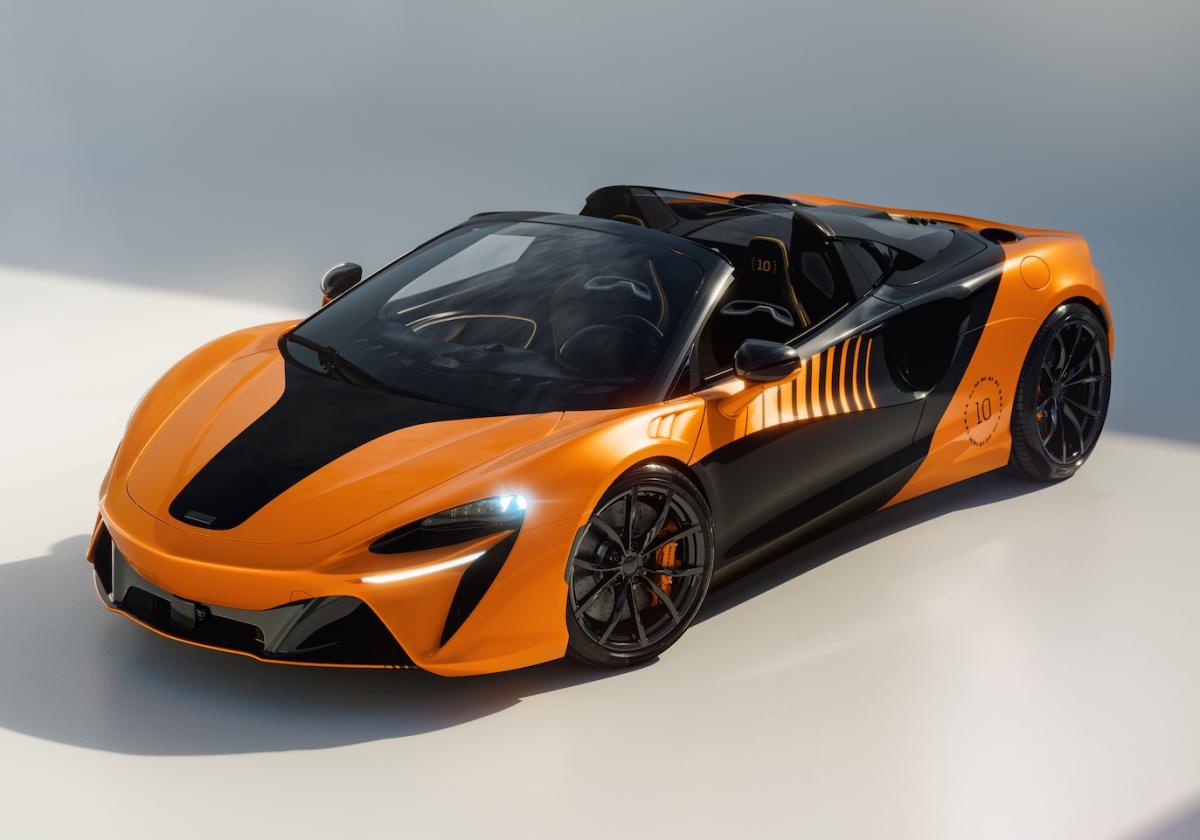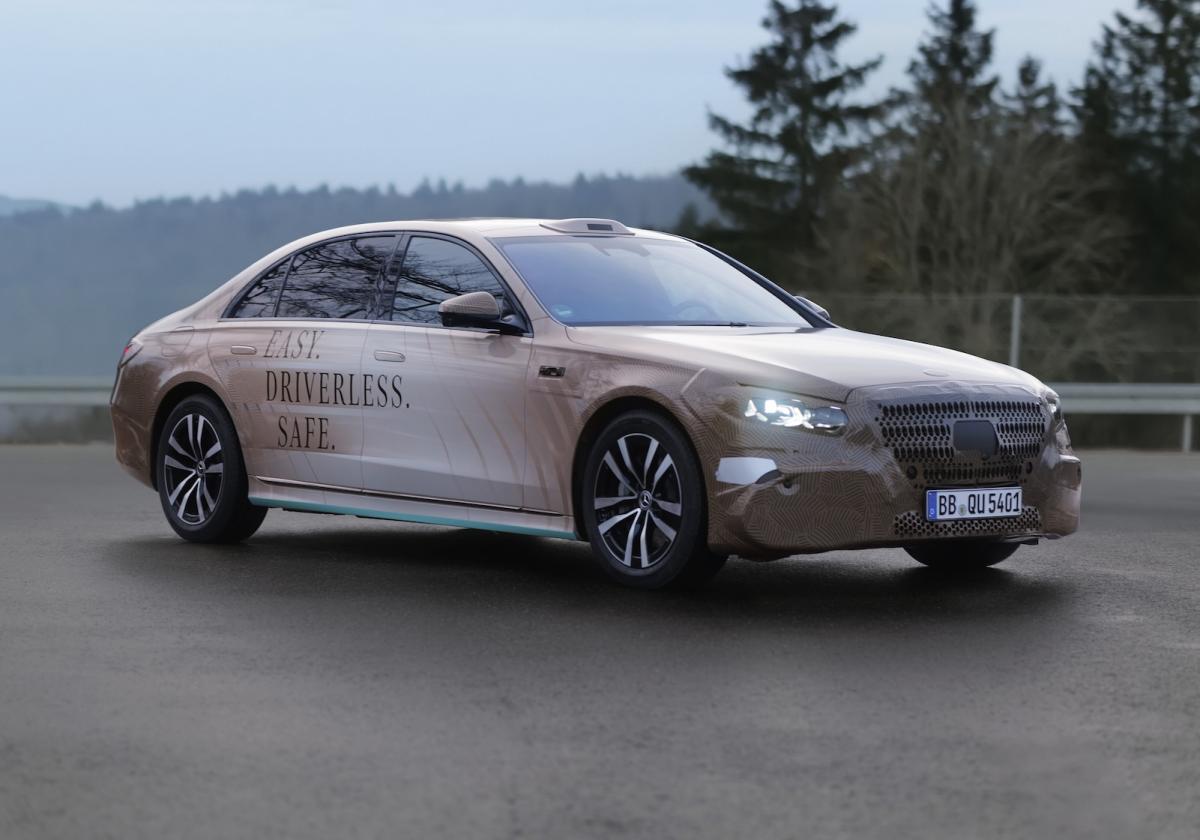Following an accident involving one of its self-driving robotaxis, General Motors’ self-driving unit and the US auto authority said on Wednesday that Cruise is recalling 950 driverless cars and may remove more.
According to a notice posted on the National Highway Traffic Safety Administration (NHTSA) website on Wednesday, the reason for the recall is that the collision detection subsystem of Cruise’s Automated Driving Systems software may react improperly following a collision.
A hit-and-run driver struck a woman in San Francisco last month, pushing her into an adjacent lane where she was struck a second time by a Cruise robotaxi that was unable to stop in time.
According to the NHTSA website, Cruise has updated the software on all of its supervised test fleet vehicles over the air. It stated that all damaged driverless cars will be fixed before being put into action again.
A new investigation of the autonomous vehicle’s reaction to the collision led to the voluntary recall of GM’s Cruise, and the firm stated last week that it may file for additional recalls.
“Today we have issued a voluntary recall of part of our AV software based on a new analysis of our AV’s post-collision response on October 2nd,” Cruise stated.
Following the California Department of Motor Vehicles’ directive to the robotaxi operator to withdraw its autonomous vehicles from state highways, Cruise said last month that it will cease all operations nationwide.
Regarding the safety of its vehicles, Cruise is the subject of numerous federal inquiries. In two instances, the robot cars seemed to fail to stop for pedestrians crossing the street.
With operations in Phoenix, Arizona; Houston, Austin, and Dallas, Texas; and Miami, Florida, Cruise is competing with Waymo, a Google affiliate, and other companies to be the first to sell robot cars.
OUR THOUGHTS
To be honest folks, we saw this coming. A serious accident involving a robotaxi was just a matter of time. While basically every manufacturer is surging forth with self-driving, or should we say “driver-assist” tech, the day when society as a whole will be receptive to driverless cars loose on downtown public roads is still a long way off. This was evidenced by the so-called “vigilantes” who sabotaged robotaxis with orange witches’ hats. Even here in Japan, during the Olympics of 2021 (postponed from 2020 due to the pandemic), a certain carmaker employed self-driving buses inside the Olympic Village only to see one of them malfunction, knocking over a Paralympian athlete at low speed.


